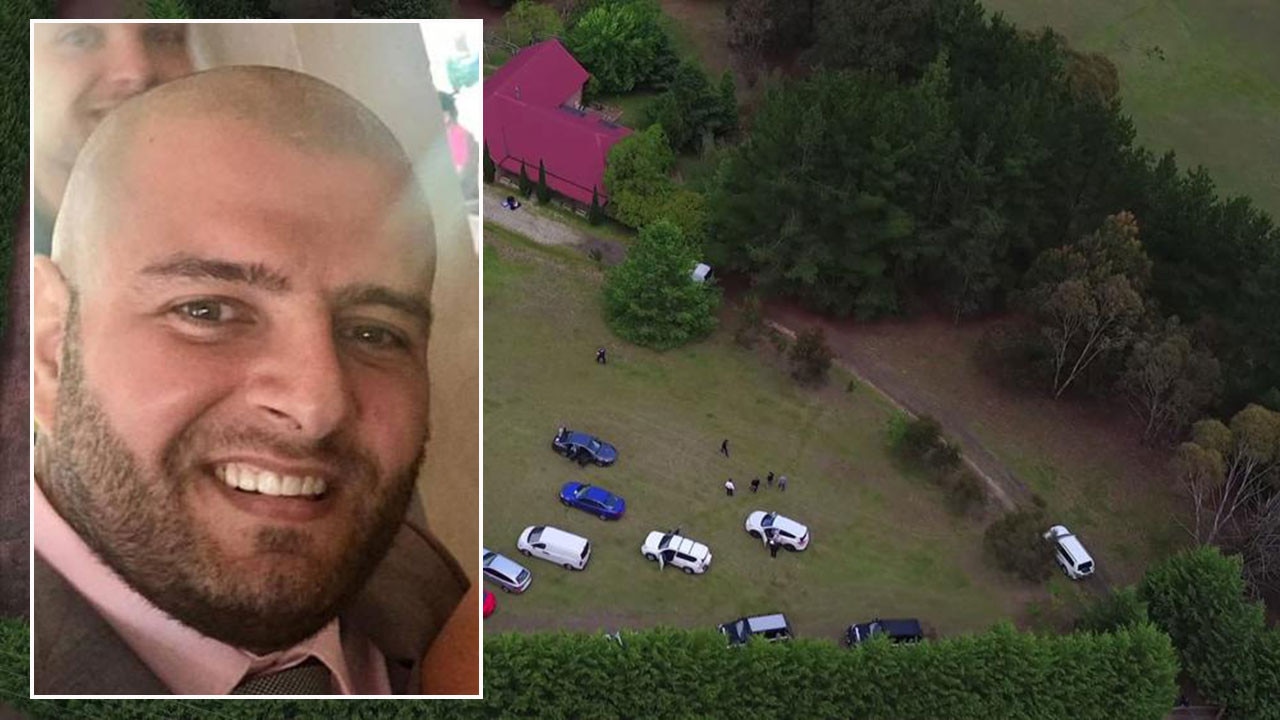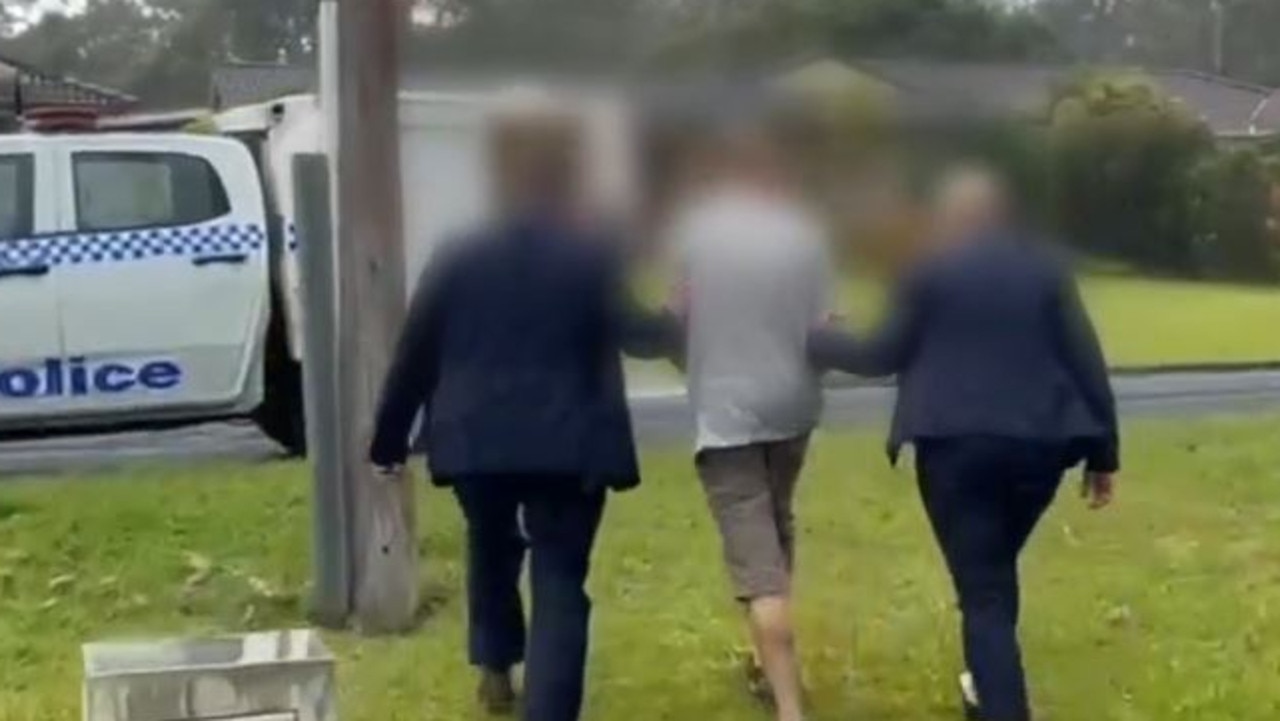Kathleen Folbigg: Top court rejects child killer’s final appeal
Kathleen Folbigg, convicted of killing her four children, has learned her fate after a last-ditch attempt to clear her name in the NSW Court of Appeal.
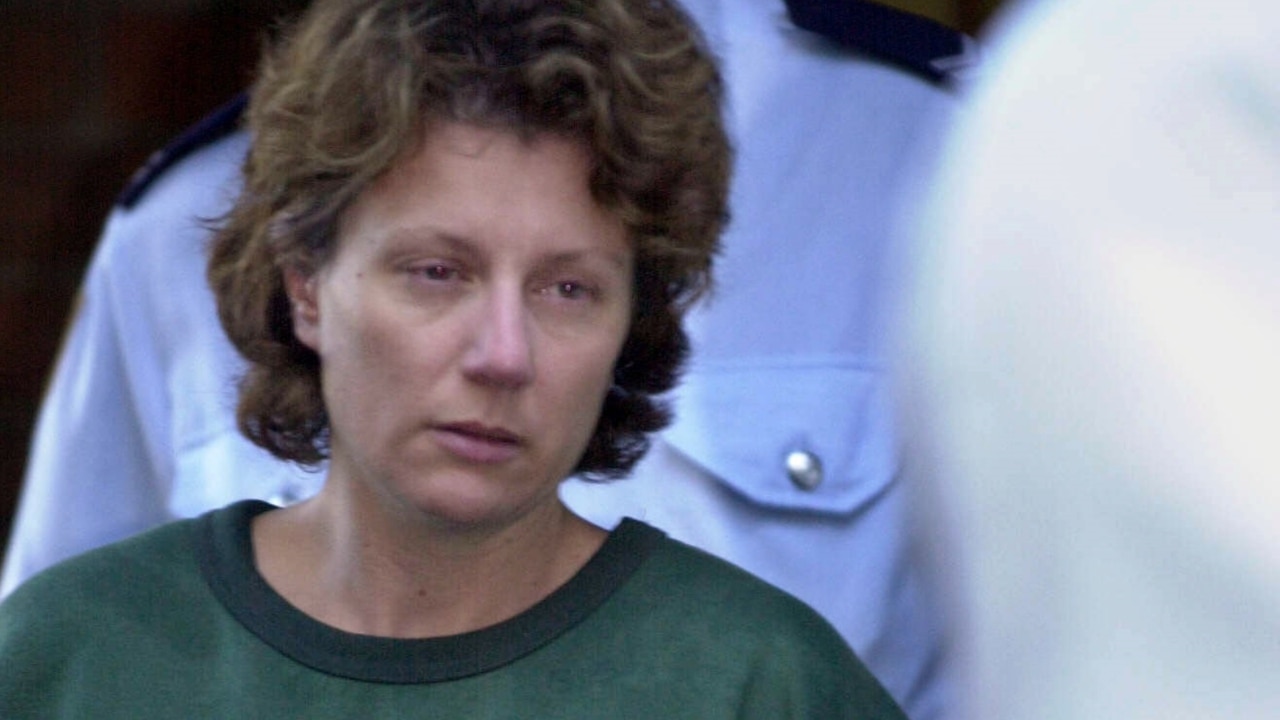
Police & Courts
Don't miss out on the headlines from Police & Courts. Followed categories will be added to My News.
Child serial killer Kathleen Folbigg is guilty, was always guilty and will – at least for now – remain guilty after the NSW Court of Appeal shut down her latest attempt to clear her name.
The hopes of Folbigg and her supporters now rest with the NSW Attorney-General and the Governor after dozens of scientists petitioned to have the convicted murderer pardoned.
Folbigg, in 2003, was locked up for murdering her babies Patrick, Sarah and Laura and for the manslaughter of her newborn son Caleb in separate instances in the years after 1989.
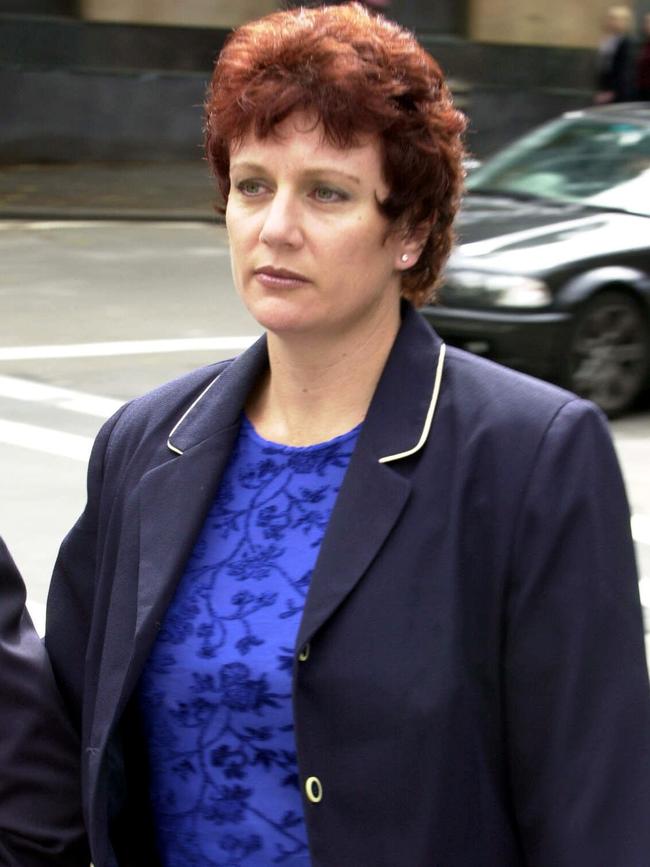
Australia’s worst female serial killer was convicted in 2003 and had her sentence reduced on appeal before NSW Attorney-General Mark Speakman ordered a judicial inquiry in 2018.
The inquiry, presided over by former District Court judge Reginald Blanch AM QC, concluded Folbigg’s guilt had only been reinforced through the fresh investigation.
Folbigg asked the NSW Court of Appeal for a judicial review of the Blanch inquiry saying the judge had shown “apprehended bias” and failed to properly consider new medical evidence in the genetics of sudden infant deaths.
But on Wednesday the court denied Folbigg’s request saying Mr Blanch had done his job correctly.
“No error of law was demonstrated by the manner in which the judicial officer assessed the evidence,” the court found.
Folbigg’s case rose and fell on claims Mr Blanch had properly weighed advancing medical evidence with her troubling diary entries.
Her barrister Jeremy Morris SC described the case against Folbigg as a “circumstantial case with no direct admissions” and no direct evidence she smothered any children.
In a diary she wrote one of her children “left with a little help”, in another entry she said she feared for the other babies.
“What scares me the most is being alone with the baby,” she wrote.
“How do I overcome that, defeat that,” she wrote.
Mr Morris suggested the Folbigg felt responsible for the things she didn’t do to help, rather than guilty for the things she did to kill the children.
But, he said, Mr Blanch had incorrectly used the diaries to “extinguish” any possibility of her innocence.
The justices felt the inquiry had properly weighed the “inculpatory” diaries with the medical evidence.
“There was an ample basis, consistent with the scientific evidence, for the judicial officer to conclude that there was no reasonable doubt as to Ms Folbigg’s guilt”.
Folbigg sat silently, appearing via videolink from custody, in prison issued greens and sneakers.
She did not react when the court announced her latest bid at freedom had failed.
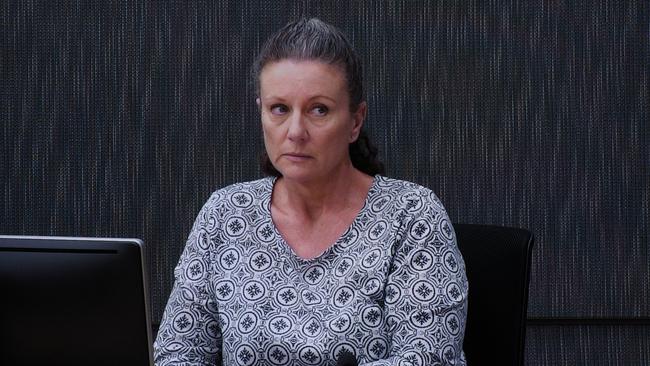
The development means the only way out of Folbigg’s cell is if the Governor of NSW Margaret Beazley AC pardons her.
A petition, signed by 90 scientists and experts, has called on the Governor to intervene saying important changes in medical evidence is being ignored.
“It is incumbent on the Governor to exercise her power to stop the ongoing miscarriage of justice suffered by Ms Folbigg,” the petition reads.
“Not to do so is to continue to deny Ms Folbigg basic human rights and to decrease faith in the New South Wales justice system.”
The Governor will take advice from Mr Speakman as to what action she should take, including whether Folbigg, who has served 18 years of her 30-year jail term, should be pardoned and released.
“As a petition on which I will advise the Governor remains under consideration, it would be inappropriate for me to make any further comment at this stage,” Mr Speakman said on Wednesday.
Folbigg must now pay the government’s legal costs.
The Australian Academy of Science denounced the court’s decision saying there were medical and scientific explanations for the death of the babies.
“It is deeply concerning that there is not a mechanism to appropriately weigh up all medical and scientific evidence in a case of this nature,” the academy’s President Professor John Shine AC said.
He was one of the signatories to the petition calling for Folbigg’s pardon.
“There is now an alternative explanation for the death of the Folbigg children that does not rely on circumstantial evidence”
‘YOU KNOW I DIDN’T DO IT’
A hidden police listening device in the Folbigg’s living room, in 1999, heard the killer talking with her husband, Craig.
Mr Folbigg, who has never been accused of any wrongdoing, began explaining how he could have been the one to have killed the children before his wife cut him off saying it was “ridiculous”.
“It’s as feasible as what they’re trying to say about you,” Mr Folbigg responded.
“I know you didn’t do it like you know I didn’t do it,” the killer told her husband.
Folbigg’s lawyers took issue that the Blanch inquiry only dealt with a redacted version of this conversation.
But the Court of Appeal found that even the whole transcript makes it clear Mr Folbigg was not claiming responsibility for the deaths.
Mr Blanch concluded the evidence pointed to the mother, and no one else. The Court of Appeal found no error in his reasoning.
MEADOW’S LAW
Folbigg’s legal team had argued Mr Blanch had employed a discredited form of thinking known as “Meadow’s Law”.
The ‘law’ is actually statement made by a British pediatrician that “one cot death is a tragedy, two cot deaths is suspicious, and until the contrary is proved, three cot deaths is murder”.
Folbigg’s lawyers eventually accepted that Mr Blanch had not employed Meadow’s Law.
The Court of Appeal ultimately ruled the “discredited approach” was not used by the inquiry.
GENETIC EVIDENCE
The justices noted there had been significant advances in the study of genetics since the 2003 trial.
They agreed that a common genetic issue in each of the children would be “an important step” in clearing Folbigg of the crimes.
Folbigg’s supporters argue there is now sufficient evidence that the children died of “natural” causes from a CALM2 genetic mutation.
Her lawyers said Mr Blanch hadn’t properly taken it into account particularly with one study only emerging as the inquiry closed.
But, the appeal court said, only Folbigg and her two female children had the variant while the males were not affected.
“There remained at least three separate causes (for the Folbigg children deaths) as there was no common link between the deaths of the boys,” the court judgement reads.
HAUNTING DIARIES
Folbigg’s diaries have been held up as one of the most damning signs of her guilt.
Her supporters say they simply show a grieving mind who felt responsible for the things she didn’t do to help her children - rather than the things she did to kill them.
18 June 1996 - Baby plans still on the go … I’m ready this time. And I’ll have help & support this time. When I think I’m going to lose control like last times, I’ll just hand baby over to someone else. Not feel so totally alone.
1 January 1997 - I have a baby on the way, which means major personal sacrifice for both of us… I am going to call for help this time & not attempt to do everything myself any more…. Stress made me do terrible things.
4 February 1997 - My guilt of how responsible I feel for them all, haunts me, my fear of it happening again haunts me. … What scares me most will be when I’m alone with baby. How do I overcome that? Defeat that?



